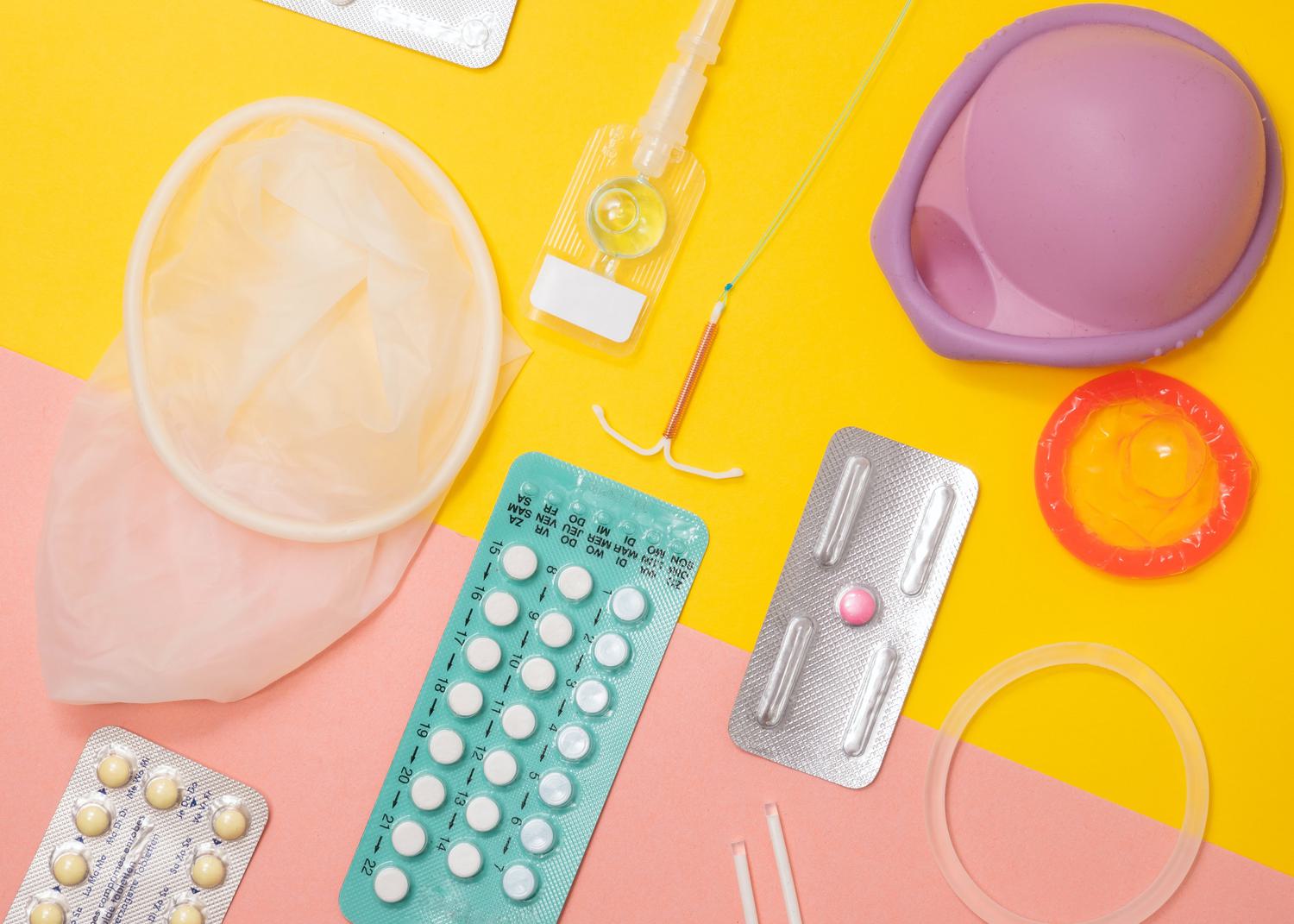According to an Adolescent Health and Sexuality Survey conducted among 15-19 year olds in the Cayman Islands, the average age at which children become sexually active is 14. At the same time, only 27.8% of participants felt comfortable sharing their sexual health concerns with a health care professional, while the majority of those surveyed had not discussed sex or contraception at all with a parent or trusted guardian.
'The Talk'
Talking to your children about sex can be a tricky subject to navigate. However, it is often our first encounter with a topic that shapes our views on it. We recommend that parents keep an open dialogue with their children so that misinformation from peers and the media does not interfere with healthy and safe decision-making. These conversations will help set the stage for safe sex practices that will follow children into adulthood.
What Age is the Right Age to Initiate 'The Talk'?
There isnt one definitive answer to this question and all the bases dont have to be covered in a single conversation. In fact, 'The Talk' should be the start of an ongoing and positive sexual health dialogue in your household. With that in mind, try to meet your child where they are. Consider the developmental context when responding to questions: the information a seven-year-old is looking for is likely very different to what a 13-year old wants to know.
If you're looking for more advice, The Family Resource Centre has parenting webinars on their website that discuss this important topic.
Expanding the Conversation
Explaining how pregnancies can occur is an important part of safe sex education, but it's also important to explain what happens after birth. Between 2020 and 2021, the number of young people in Cayman who had repeat pregnancies increased significantly. The HSA reported a 27% spike, which indicated that many young parents who had already given birth were finding themselves in that situation again.
The Family Resource Centre notes that there could be various reasons for this increase, but the numbers speak to a need for more sex education among young people. Talking to your kids about the broader reality of what happens after birth is just as important as talking about what comes before it. Raising a baby is a huge responsibility and entails a great deal of hard work and sacrifice. It's crucial that young people understand that.
Birth Control
Birth control, also known as contraception, helps protect against unwanted pregnancies and certain methods can also protect against sexually transmitted diseases (STDs). If your teen is sexually active, they need to be taking steps to ensure that they are staying safe. Talk to your teen about their options and the pros and cons of each to determine which birth control best suits their individual needs.
Some factors to consider when discussing contraceptive methods include whether they want to take it daily, existing health issues such as a predisposition to migraines or a family history of high blood pressure, and any potential side effects.
Some common birth control methods include:
- Condoms: Condoms are the most widely used birth control method available. If used correctly, condoms are 98% effective in protecting against pregnancies and STDs, such as HIV/AIDS. Condoms can also be used in conjunction with other methods of birth control to increase their effectiveness.
- Oral Contraceptive Pills: Commonly referred to as ‘the pill’, contraceptive pills contain hormones which prevent women from ovulating. If taken at the same time every day birth control pills can be very effective in preventing pregnancy. It is important to note that the birth control pill does not protect against STDs.
- Long-Acting Reversible Contraceptives: For example, injections, implants or intrauterine devices (IUDs). You can get copper IUDs or hormonal IUDs (Mirena). These do not protect the user against STDs.
Free condoms are available at all District Health Clinics, the Cayman Islands Red Cross, The Cayman AIDS Foundation and at the UCCI Student Services. Any other form of birth control requires a doctors appointment.
Sexual Health
All District Clinics, the Womens Health Centre and OceanMed provide information on sexual health and STD screening. Dr. Heidi Fahy at Cayman Clinic specialises in womens health and family planning. The Cayman Islands Health Services Authority Women's Health Clinic offers contraceptive advice and care, as well as routine pap smear screening for females who are sexually active.







